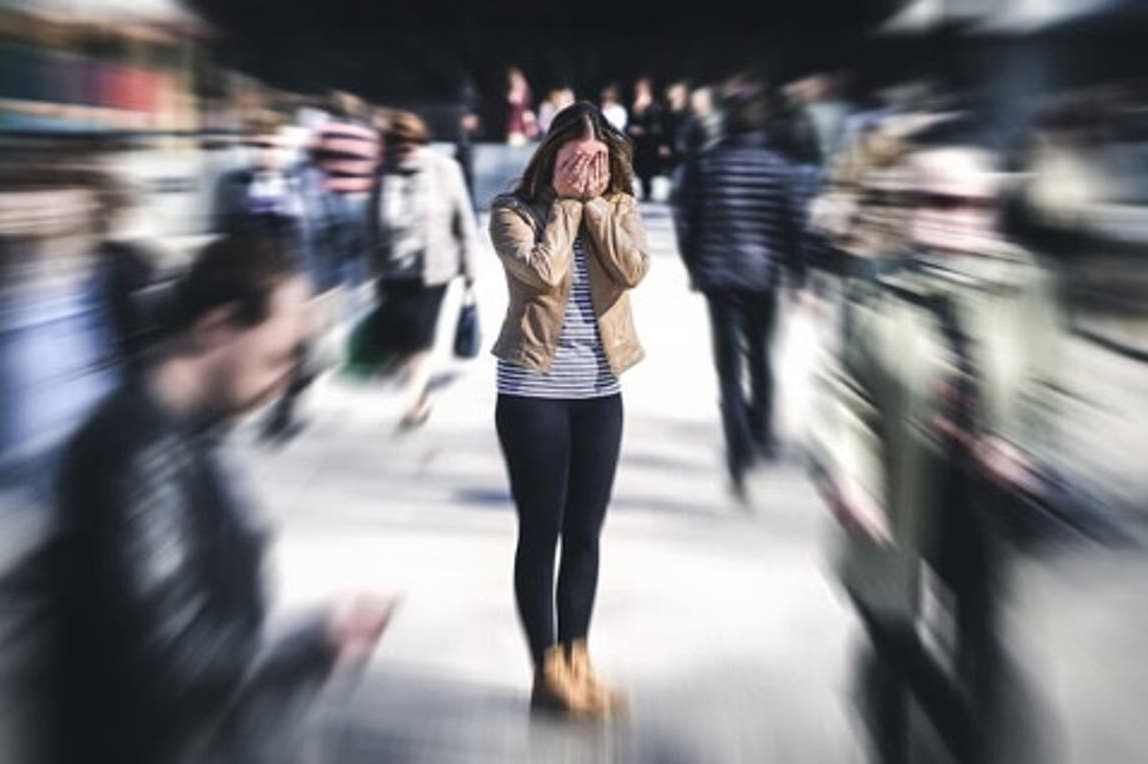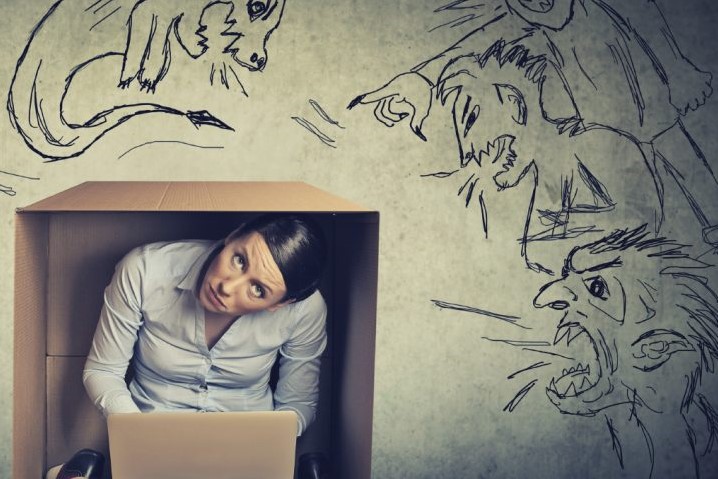
Social anxiety: what it is and when it can become a disorder
Experiencing social anxiety means experiencing a physiological activation, characterised for example by sweating, tachycardia, dry mouth, nausea, trembling, etc., when we find ourselves in a social situation in which we feel subject to the judgement of others. Where does this anxiety come from?
The origins of social anxiety
Social anxiety can be understood from an evolutionary perspective, going back to the time of our ancestors when living in a group was necessary and indispensable for survival in order to hunt, procure food, raise offspring and defend oneself from danger; sharing and cooperation were therefore essential conditions for survival and consequently exclusion from the group constituted a real threat.
This perspective allows us to better explain the origins of the fear of social rejection and the need for acceptance and appreciation, and thus to understand why all humans want to look good and fear rejection from others.
At present, although our survival is less dependent on living in a group, on occasions when we are judged by other people (e.g. during a job interview or a university exam) most human beings experience anxiety, which, at an average level, can even be useful for optimal performance.
When does social anxiety become a disorder?
There is no clear separation between normal social anxiety and social anxiety disorder, but we can think about what can help us differentiate between the two conditions.
One parameter that can help us understand when social anxiety becomes a problem that needs to be treated is the degree to which individual functioning and well-being is impaired.
People suffering from this anxiety disorder experience intense anxiety even in situations in which they are not actually subject to the judgement of others (e.g. eating in a restaurant, asking for information) because they are afraid that they may behave in a way that is humiliating or that others may notice their anxiety and therefore judge them as ridiculous or weak.
The rejection or negative judgement of others, which are human experiences that can characterise social relationships, become, for those suffering from this form of anxiety disorder, threats from which they must protect themselves at all costs by means of dysfunctional coping strategies: the feared social situations are thus avoided or, when this is not possible, confronted by implementing protective behaviours, strategies that in the long term constitute maintenance factors for the disorder.
References
Marsigli N. (2018), “Stop social anxiety”, Erickson
Procacci M., Popolo R., Marsigli N., (2011), “Anxiety and social withdrawal. Assessment and treatment”, Raffaello Cortina Editore
https://www.istitutobeck.com/beck-news/ansia-sociale
Read Also:
Emergency Live Even More…Live: Download The New Free App Of Your Newspaper For IOS And Android
Hypochondria: When Medical Anxiety Goes Too Far
Eco-Anxiety: The Effects Of Climate Change On Mental Health
Anxiety: A Feeling Of Nervousness, Worry Or Restlessness
Pathological Anxiety And Panic Attacks: A Common Disorder
Anxiolytics And Sedatives: Role, Function And Management With Intubation And Mechanical Ventilation



